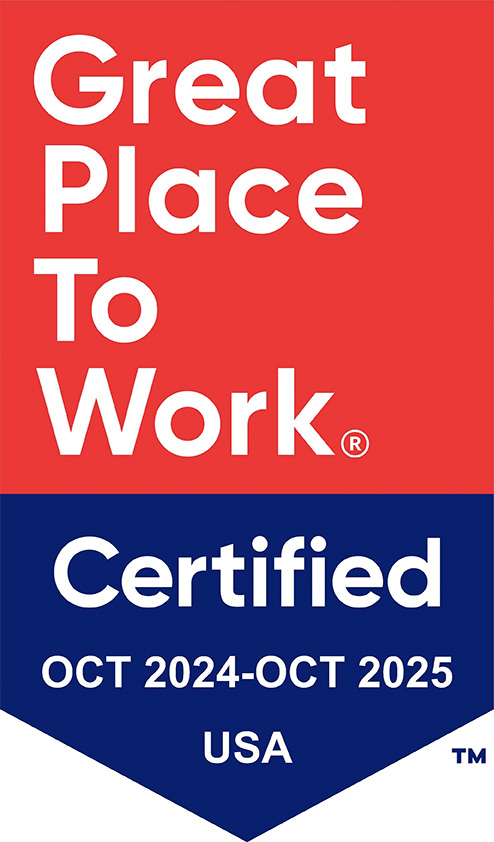You Received the Difficult News
You or your loved one might have recently received an unsettling prognosis of a terminal illness. The news might come as a shock or the latest hurdle in a long health struggle. While reviewing options, the doctor suggests hospice care.
For many, the word hospice brings up thoughts of giving up or losing your loved one. However, hospice care is focused on maximizing life by providing patients with comfort and support, allowing them to live an alert, pain-free life as fully as possible.
For many of the families who have entrusted us with the care of their loved ones, they wish they had contacted us sooner.
Who Qualifies for Hospice?
Hospice care isn’t available to everyone; it is specialized care and support that allows the terminally ill to receive care for their physical, emotional, spiritual, and social needs. Medicare and Medicaid cover most costs for hospice services and Community Hospice & Palliative Care will provide hospice care regardless of an individual’s ability to pay. No one wants hospice too early, but there are a few signs it might be time to consider hospice.
Declining Health
While illness can affect how a person lives, rapidly declining health can cause a tremendous amount of strain on patients and families, severely reducing their end-of-life journey. Hospice care focuses on improving the physical comfort and well-being of patients. Here are a few signs that could mean it’s time to talk to your doctor about hospice care:
- Frequent visits to the emergency room and hospitalizations.
- Decrease in appetite resulting in significant weight loss and body changes.
- Rapid decline in health despite aggressive medical treatments.
- Uncontrolled pain, shortness of breath, nausea, or vomiting.
- Changes in mental ability, including confusion, irritability, and cognitive acuity.
Diagnosis of Terminal Illness
Hospice care is specialized care for individuals reaching end-of-life. If the patient is facing one of the following life-limiting diseases, it might be time to investigate hospice care organizations:
- congestive heart failure
- stroke
- chronic obstructive pulmonary disease
- Alzheimer’s disease
- end-stage dementia
- kidney disease
- liver disease
- complications of AIDS
- multiple sclerosis
- cancer
- other illnesses.
Community Hospice & Palliative Care offers hospice care for patients throughout Northeast and North Central Florida wherever the patient calls home - in a hospital, Long-Term Living Facility, Nursing Home or private residence. In the event a patient’s symptoms become unmanageable at home, we offer 10 Inpatient Centers for Caring across Northeast Florida to help patients get stabilized and on their ways home.
The Decision is Yours
Ultimately, selecting hospice care is a decision that must be made first and foremost by the patient with the support of their family and physicians. It is important for patients to have conversations with their physicians, their family and friends about hospice care, but also to address various care situations as a terminal illness progresses. By developing a care plan before a patient loses their ability to speak, patients and families can save themselves much grief and conflict. That is why we offer Advance Care Planning, a free community program for anyone 18 years or older guide them through the process of writing down their care choices if they lose the ability to speak for themselves.
Hospice care is here to provide patients and their families with physical comfort, emotional support, spiritual guidance and care planning. It focuses on maximizing patients quality of life at the end of their disease progression to help them and their families find a restful passing.
Compassionate End-of-Life Care
Call Community Hospice & Palliative Care today to speak to someone who cares by calling: (866) 253-6681

